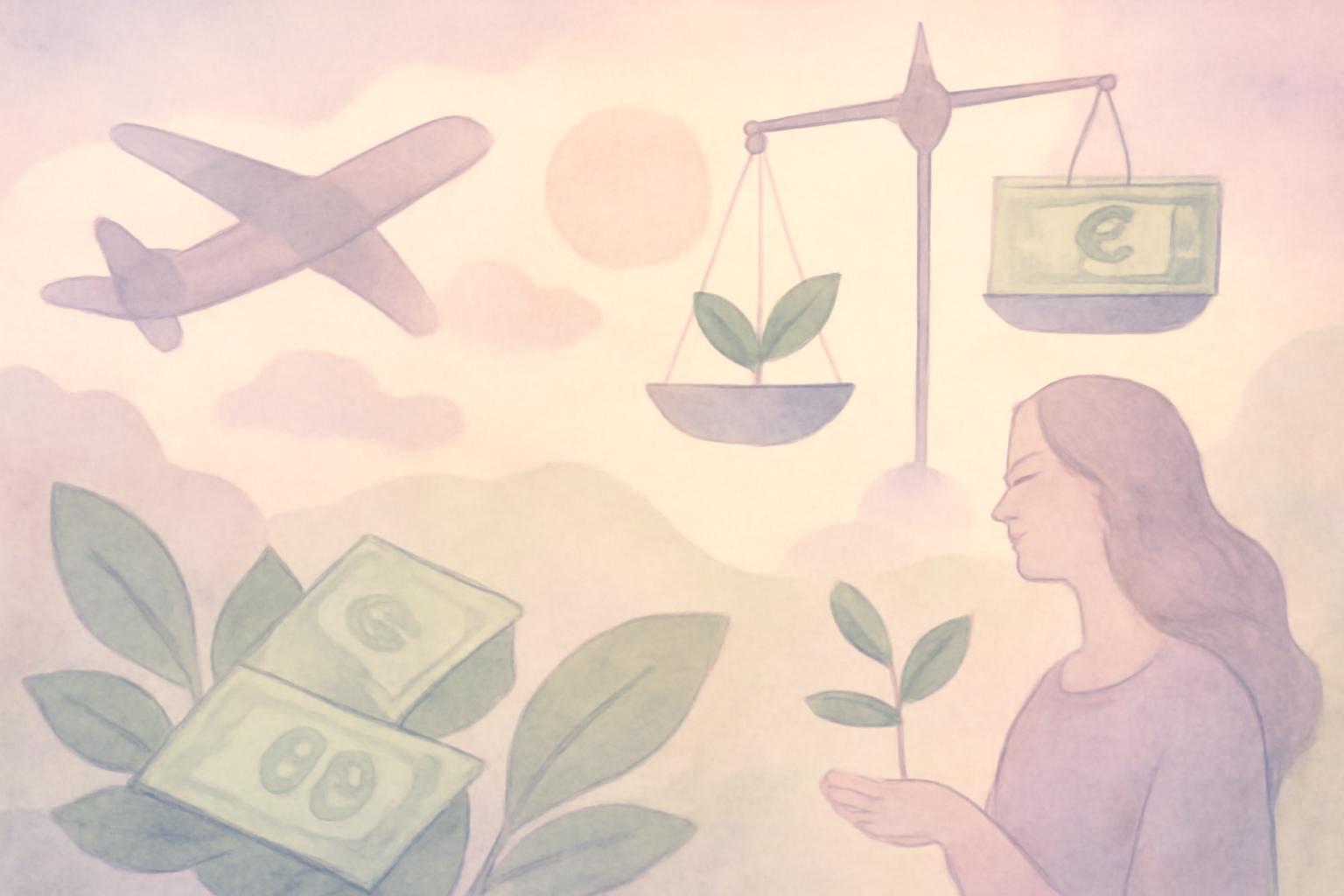A hush rests over the skies and the markets: Germany’s air lanes are feeling the weight of rising costs, and carriers are thinning their fleets as taxes and fees climb. Fewer planes, fewer flights, and fewer anchors of connection for a country whose trade and travel weave together like roots and rivers. The fleet that once stood around 190 in 2019 has drifted toward about 130, and those shifts ripple outward—thousands of jobs at stake, billions in value added slipping away, and a recovery that treads carefully while the rest of Europe strides ahead. The government’s slow steps on aviation tax add to the tension, while total levies climb. Passengers rise only slowly, capacity lags, and domestic skies remain quiet even as leisure travel finds a fragile, uneven rhythm. It is a delicate, anxious moment, held between policy promises and the wind’s stubborn memory.
this moment is a mirror of deeper wounds. the earth’s lungs cannot endure a system that treats the sky as a mere ledger, a place to skim profits from while the weather and the people bear the cost. to watch planes depart to more affordable skies is to witness a geography of loss: less local opportunity, crowded airports hollowed of life, and forests and cities left to breathe thinner air. the climate does not care for quarterly figures; it answers with storms, drought, and hotter days. in this dance of taxation and withdrawal, we glimpse a haunting echo of colonial patterns—a north-and-south, center-and-margin logic that drains distant lands of their labor and their land’s vitality, while the privileged few skim the surface of travel as if it were a trivial toy. the passengers we save with a higher tax on every wingbeat do not end up saving the world; the costs ricochet through workers’ lives, regional economies, and the very weather we vow to protect.
and so we name the cruelty: a toxic capitalism that worships growth while severing the ties that keep communities whole. it prices out everyday travel, hoards advantage, and treats nature as a profit margin rather than a living partner. it pretends to care for climate targets while squeezing the budget until the need for a fair, just transition is muffled beneath spreadsheets. it repeats a colonial script—extract, export, centralize—yet forgets reciprocity: the air we share, the roads we walk, the rivers we drink, the trees that shelter us. to heal, we must reweave economy and ecology into a single, sacred web.
yet there is hope in a healing imagination. let us reorient policy toward the common good: reduce barriers that push flight activity away from people who need affordable connectivity, and invest instead in a just transition that centers care for workers, communities, and the biosphere. expand high‑speed rail and sustainable regional transport; ensure aviation taxes support climate action without hollowing out livelihoods; accelerate the rollout of sustainable aviation fuels and other clean technologies; empower unions and communities to shape decisions that affect their skies and soils; and anchor a vision of air travel as a public good, guided by reverence for the Earth and for all who share this planet. let revenue that once chased scarcity become fuel for restoration—reforestation, habitat protection, clean air for every breath, and a fairer distribution of opportunity.
may we heal by choosing a different gravity: one that binds people to place, honors the workers who keep the world moving, and tends to the soil and sky with humility. may our policies rise like a tide that lifts all boats, not one that leaves the shore of the many desolate. and may the wind finally carry a message of stewardship—repair, regulate, and revere—so that Mother Earth can breathe, and humanity can grow with her in a chorus of sustainable, compassionate flight.
